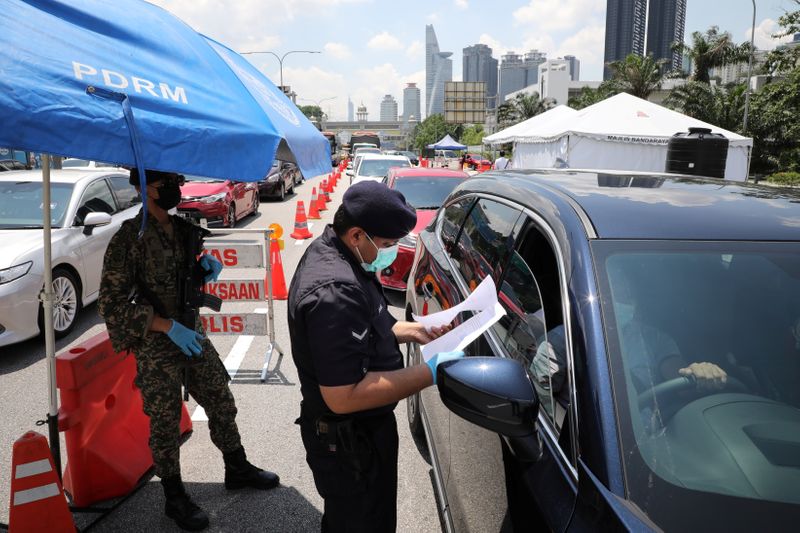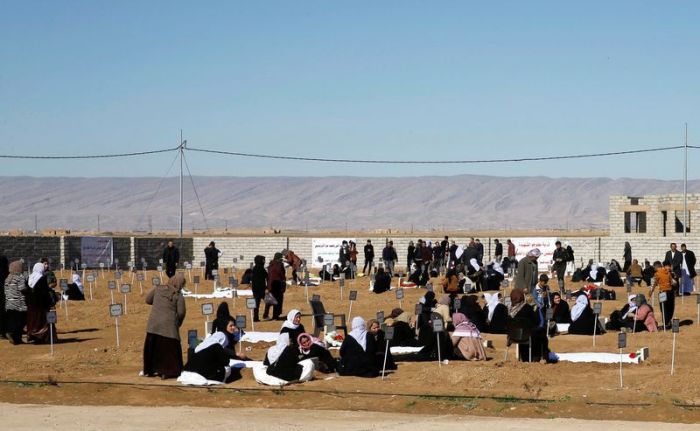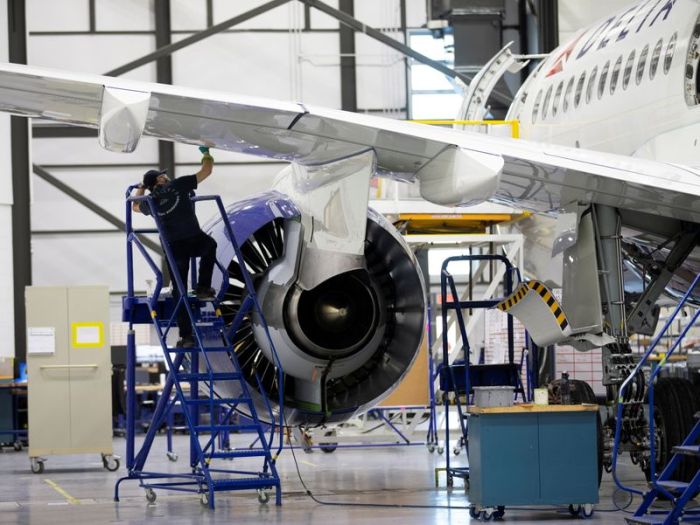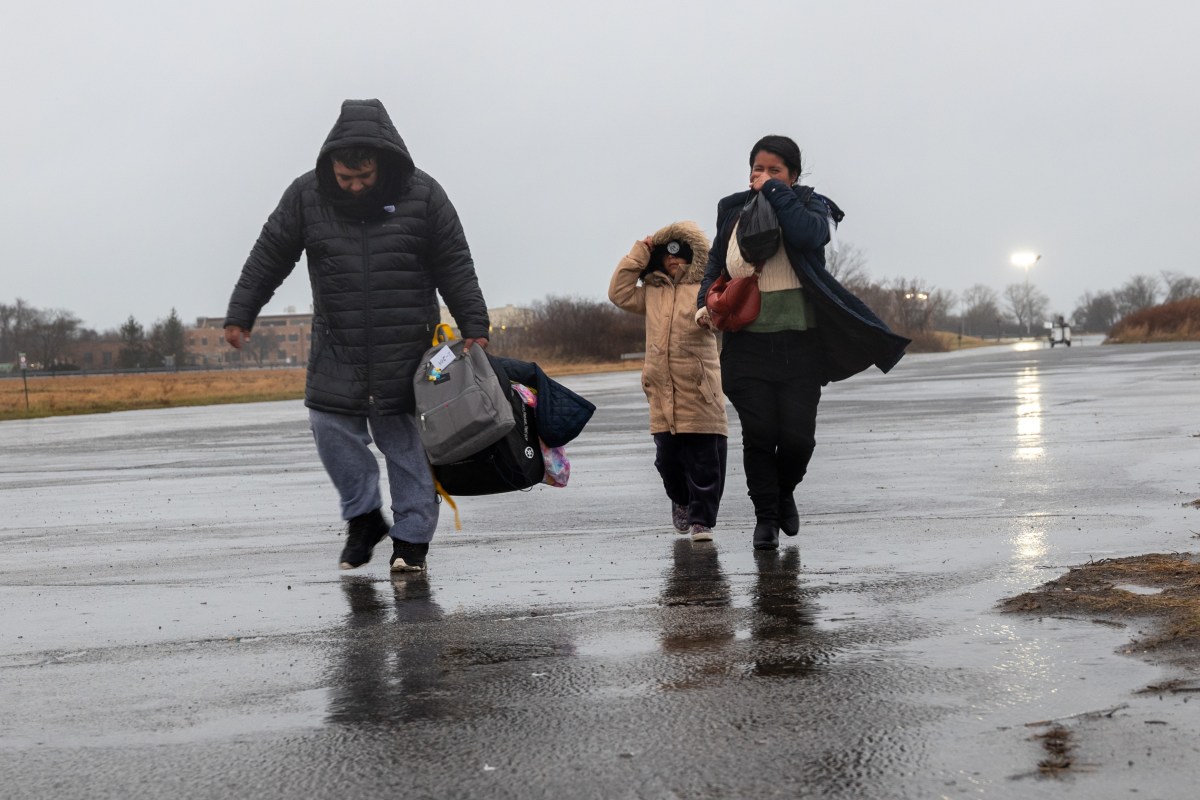KUALA LUMPUR (Reuters) – Malaysia on Monday imposed a new nationwide lockdown, as the country grapples with a surge in coronavirus cases and highly infectious variants that the government said are testing its health system.
The new measures come just ahead of this week’s Eid al-Fitr festival, meaning that millions of Malaysians will have to forgo for a second year the tradition of returning to hometowns at the end of the Muslim fasting month of Ramadan.
Prime Minister Muhyiddin Yassin said all inter-state and inter-district travel will be banned, along with social gatherings.
Educational institutions will be shut but economic sectors will be allowed to continue, Muhyiddin said, without elaborating.
“Malaysia is facing a third wave of COVID-19 that could trigger a national crisis,” Muhyiddin said in a statement, adding that the lockdown measures will continue until June 7.
The premier said the lockdown was necessary due to the existence of new coronavirus variants with higher infection rates and growing constraints on the public health system.
Malaysia has seen a spike in coronavirus infections in recent weeks, with the country reporting 3,807 new cases on Monday.
It has now seen a total of 444,484 cases and 1,700 deaths.
Malaysia is under a state of emergency, which was declared by Muhyiddin in January to curb the spread of COVID-19.
As well as the disruption of travel and to social lives, the repeated lockdowns have become a threat to the livelihoods of many in Malaysia.
Ramadan would normally have meant brisk business for restaurants and food bazaars preparing meals for millions of Muslims who break fast after sundown. About 60% of Malaysia’s population of 32 million are Muslim.
“I work in the food industry. One moment it’s open, one moment it’s closed,” said Mohd Rezuan, speaking during a break from his work at a restaurant in a normally busy suburb of Kuala Lumpur, now unnaturally quiet.
(Reporting by Joseph Sipalan and Liz Lee; Editing by Martin Petty and Michael Perry)
























